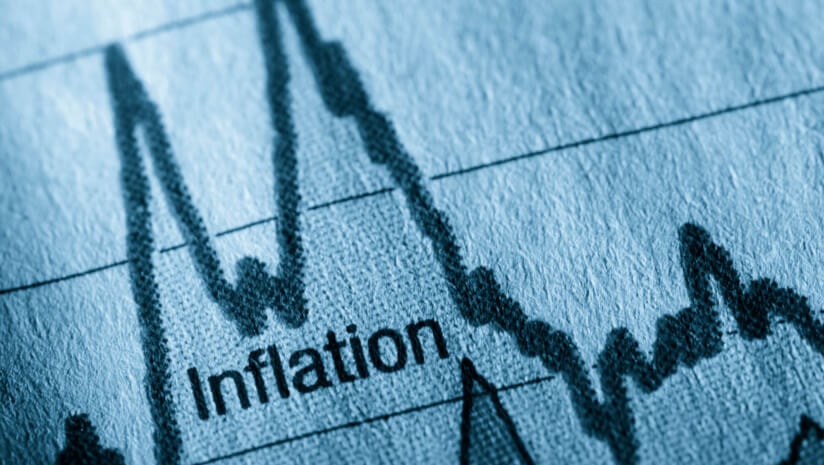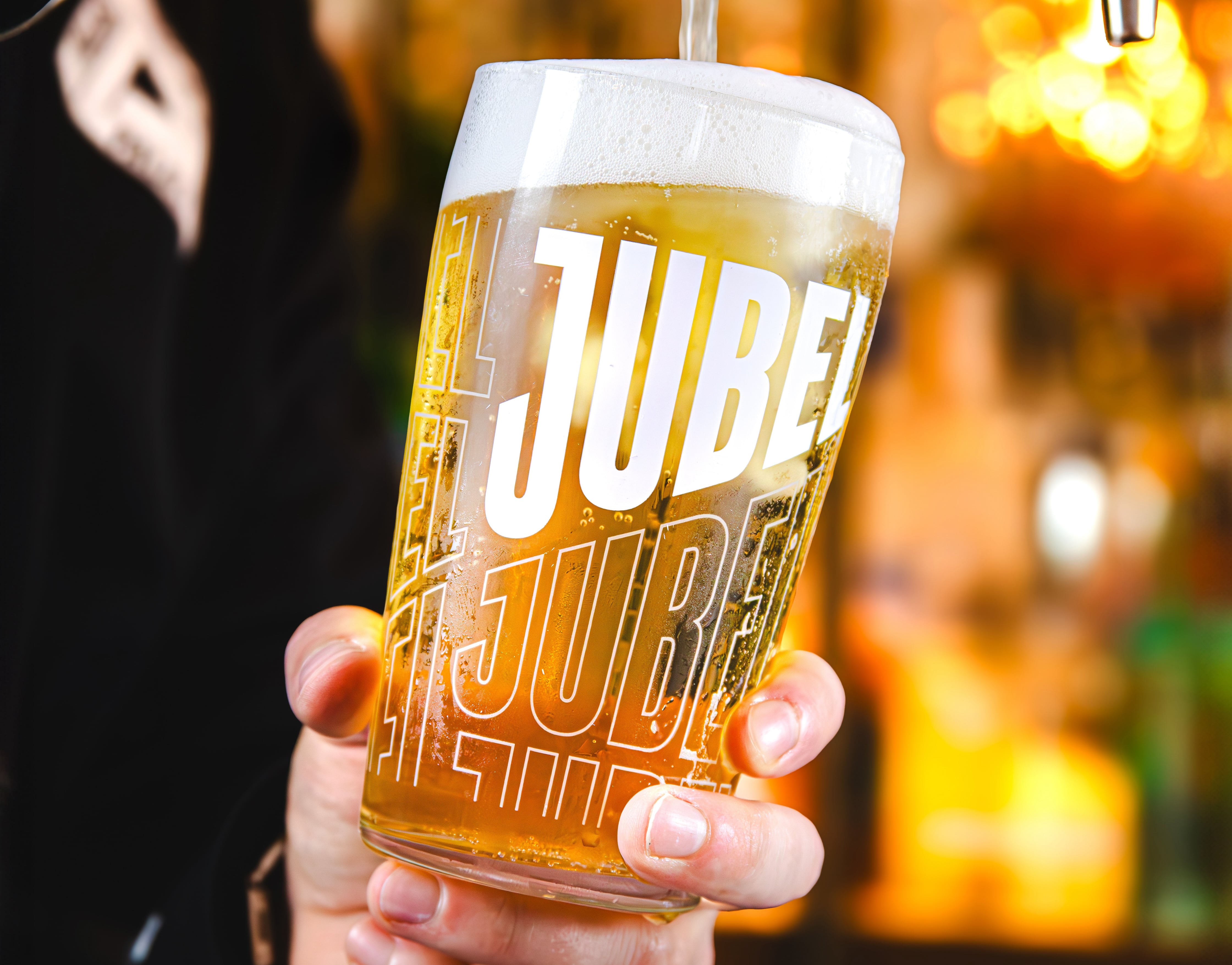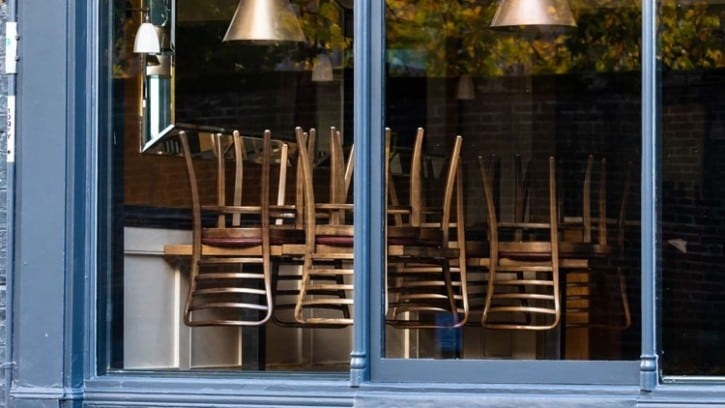The Consumer Prices Index (CPI) jumped to 3.5% in the year to April, marking its highest level since February last year, data from the Office for National Statistics (ONS) has revealed.
On a monthly basis, prices rose by 1.2% in April 2025, compared with a rise of 0.5% a year before.
Figures released by ONS last month showed the headline rate of inflation dropped from 2.8% in February to 2.6% in March.
This comes as insolvencies in the accommodation and food sector were found to have increased by 4% between February and March this year, recent data from the Government’s Insolvency Service revealed.
A spokesperson for the British Beer & Pub Association (BBPA) said: “Today’s higher than expected figure is a bitter reminder that brewers and pubs face economic hurdles everywhere they turn, which costs the economy and people’s pockets dearly.
Unlock potential
“The sector plays a central role in local economies and communities, so it’s a no-brainer that it is the first place Government must look to help turn the country’s fortunes around.
“Government will unlock the industry’s potential by cutting beer duty, making long term reform to business rates, and reviewing the masses of regulations, including harsh packaging reforms.”
The largest upward contributions to the monthly change came from housing and household services, transport, and recreation and culture.
Meanwhile, the largest, partially offsetting, downward contributions came from clothing and footwear.
Prices within the food and non-alcoholic beverages prices rose by 3.4% in the 12 months to April 2025, according to the official data, up from 3.0% in the 12 months to March.
The upward effects came from meat, mineral water, bread and cereals, and sugar and jam while the downward effects came from vegetables, and from milk, cheese and eggs.
On a monthly basis, food and non-alcoholic beverages prices rose by 0.7% in April 2025, up from 0.3% a year before.
Last week, data form CGA by NIQ showed marginal year-on-year increases to inflation within the foodservice sector.
In addition, CGA warned operators to focus on supply chain management as food prices could continue to rise this year due to emerging challenges within the market.
Additional costs
The Bank of England has previously said it expects inflation to peak at 3.7% between July and September this year before dropping back to its 2% target. Earlier this month, the Bank cut interest rates by 0.25%.
Responding to the inflation hike, Chancellor Rachel Reeves said she was “disappointed” by the increase but would “go further and faster to put more money in people’s pockets”.
UKHospitality (UKH) chief executive Kate Nicholls said rising costs across the board for businesses had “regrettably fuelled inflation”.
She continued: “This significant increase in inflation is unsurprising given the £3.4bn in annual cost increases that hit hospitality in April.
“It’s clear that, on top of continuing hikes in utility prices, the raft of additional costs from the Budget, which came into force in April, is putting unsustainable cost pressure on already strapped businesses.
“This strengthens the need to tackle the ongoing cost of doing business crisis.
“The Government must look to bring down costs for businesses and it’s critical the Bank of England meets market expectations to lower interest rates in the coming months.”





